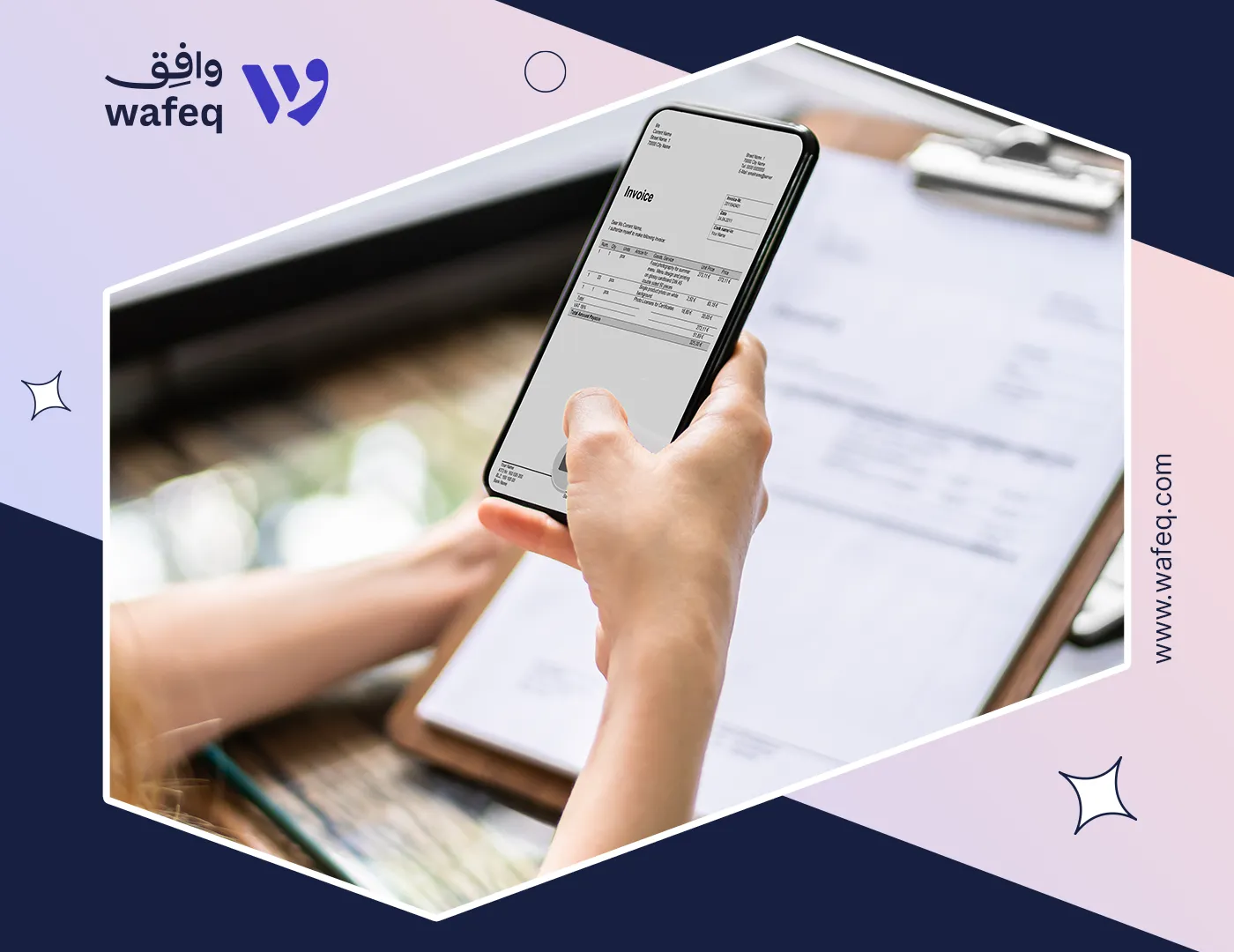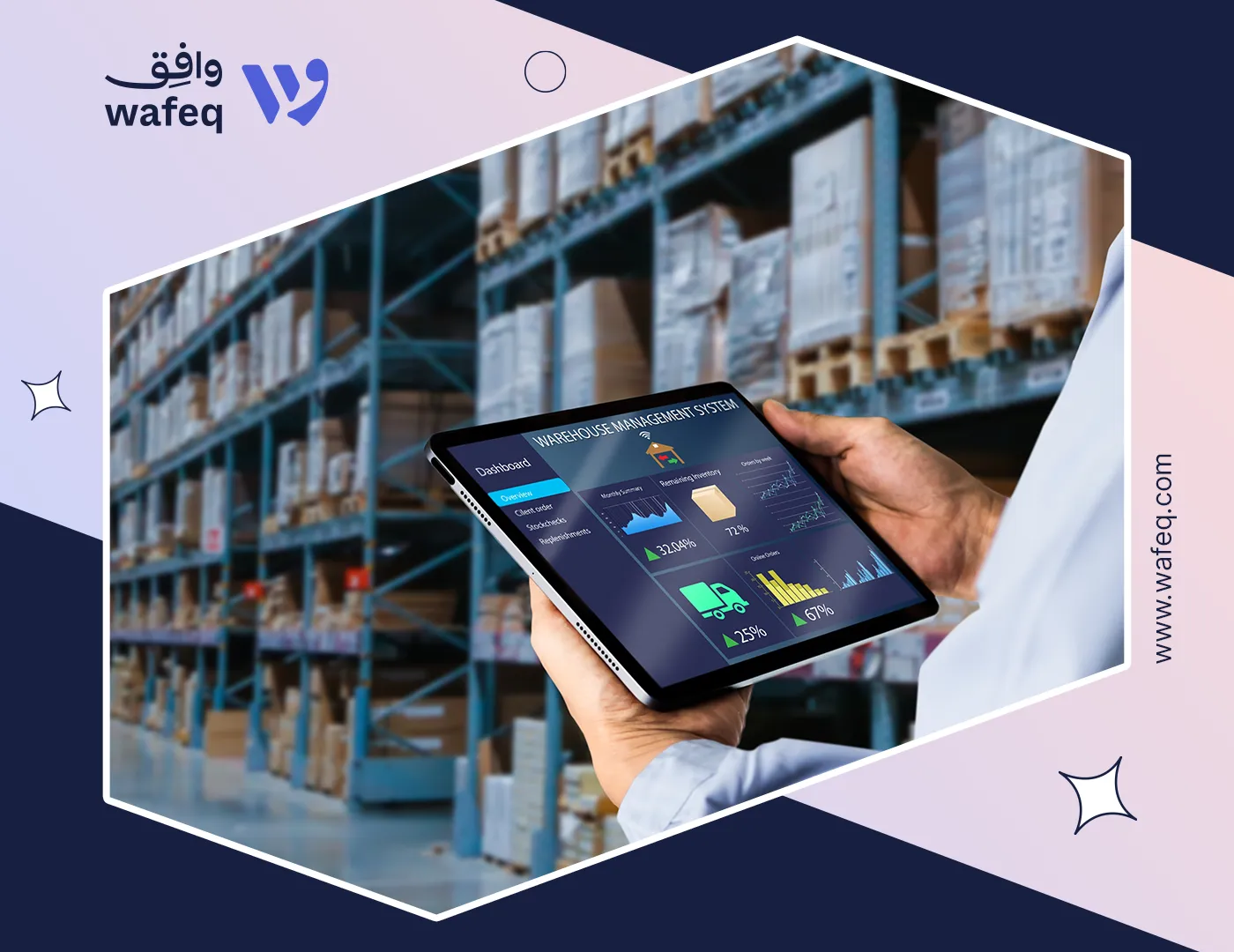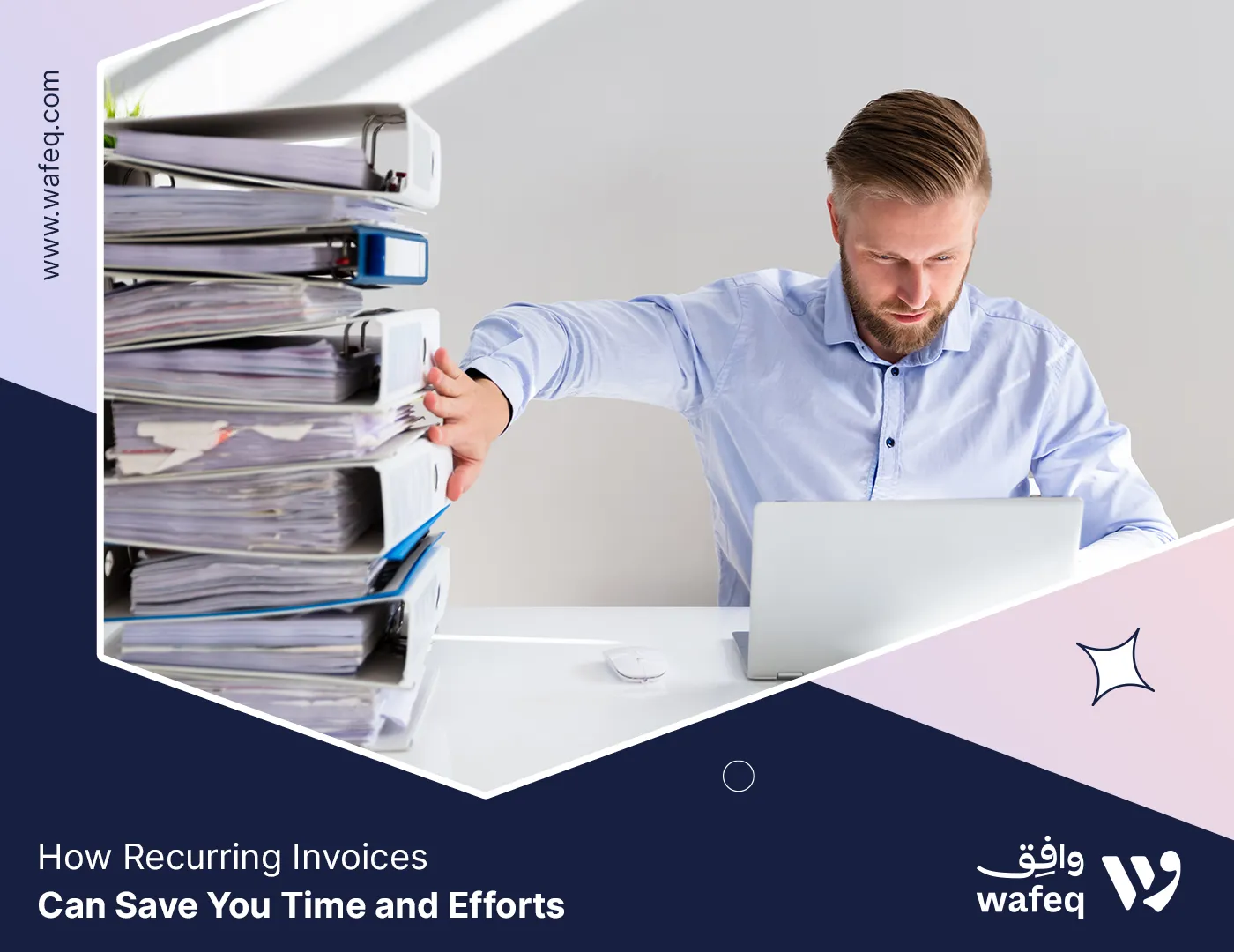Tax Invoices: Their Significance in VAT-Registered Businesses

Tax invoices serve a vital role in business and finance, particularly for VAT-registered businesses. A tax invoice is a document issued by a supplier to a customer, delineating the details of a taxable supply and the amount of VAT charged.
This document is a crucial element in the VAT system it provides a record of the tax paid, and it stands as evidence supporting the VAT-registered customer's claim for recoverable input tax. As such, understanding tax invoices and their features is critical for businesses to maintain tax compliance and to ensure smooth financial operations.
The Fundamental Requirements of a Tax Invoice
As mandated by the tax regulations, a tax invoice should include specific elements to validate its legitimacy. Below, we outline the key components a tax invoice must comprise:
- A unique sequential number for tracking and audit purposes.
- The supplier’s name, address, and Tax Registration Number (TRN) to validate their credentials.
- The customer’s name, address, and Tax Registration Number (TRN) are required to acknowledge the recipient.
- The date of issue becomes particularly important for tax calculation and payment deadlines.
- A clear description of the goods or services supplied.
- The price and quantity of each item provide a transparent breakdown of the transaction.
- The rate of discount per item, if applicable.
- The rate of VAT charged per item is to clarify the tax amount.
- The total amount, excluding VAT, is for a pre-tax understanding of the transaction.
- The VAT amount charged denotes the tax collected explicitly.
- The total amount, including VAT, provides a complete picture of the transaction.
Understanding these requirements ensures tax compliance and aids in effective financial management.
Ensure that your business stays on top of its financial obligations by leveraging Wafeq, an advanced accounting system designed to help you manage everything from debits and credits to your inventory and payroll.
Ensure that your business stays on top of its financial obligations by leveraging Wafeq, an advanced accounting system designed to help you manage everything from debits and credits to your inventory and payroll.
Creating Tax Invoices in Wafeq: A Step-by-Step Guide
Watch the video for detailed steps on creating invoices in Wafeq:
One of the greatest conveniences of using Wafeq is its user-friendly interface that simplifies the creation of tax invoices. To create a tax invoice in Wafeq, follow these steps:
- Navigate to invoices in the left-side menu of your Wafeq dashboard.
- Click on the "+" button located next to Invoices, or just click on "Add invoice".
- Fill in the necessary details as required by VAT regulations, such as the supplier's and customer's TRN and the description of the goods or services supplied.
- Once completed, your invoice will automatically include all the required details, ensuring your business remains compliant with VAT regulations.
Using Wafeq streamlines the process of issuing VAT-compliant invoices, freeing up time for you to focus on other aspects of your business operations.
Learn more about Tax invoice in Wafeq.
The Legal Significance of Tax Invoices
Understanding the legal importance of tax invoices is essential for any VAT-registered business. Tax invoices serve as official documents that validate the details of a taxable supply and the VAT amount charged. They act as an essential piece of evidence that supports the tax-registered customer's claim for recoverable input tax.
When a business makes a taxable supply, it must provide a tax invoice to the customer. This invoice includes crucial information about the supplier and the customer, the goods or services supplied, the price and quantity of each item, the VAT charged per item, and the total amount. Failing to issue a valid tax invoice can lead to penalties and obstruct the VAT recovery process. Therefore, ensuring the accuracy of tax invoices is crucial for the smooth operation of a business and its compliance with tax regulations.
Simplifying the Tax Auditing Process with Tax Invoices
Tax invoices play a vital role in the tax auditing process. They provide an accurate and detailed record of all taxable transactions, enabling businesses to maintain transparent and organized records. This transparency not only supports compliance with tax regulations but also simplifies the process of tax auditing.
When tax auditors assess a company's tax liability, they rely heavily on tax invoices to verify the accuracy of the reported figures. Tax invoices serve as evidence of the business transactions and the VAT charged on them. Without accurate and complete tax invoices, businesses may struggle to substantiate their VAT declarations, making the tax auditing process more challenging.
Ensuring that all tax invoices are correctly issued and securely stored can greatly simplify the auditing process. It provides auditors with easy access to the necessary data, enabling them to efficiently verify the business's tax compliance.
Tips and Best Practices for Efficiently Managing Tax Invoices with Wafeq
Effective management of tax invoices is crucial for businesses to ensure compliance with VAT regulations and maintain good financial health. Here are some tips and best practices for efficient tax invoice management:
- Maintain Accurate Records: Keep accurate records of all taxable transactions to avoid any discrepancies during audits. The use of digital tools can help streamline this process.
- Ensure Compliance: Always include all the necessary information in your tax invoices as per VAT regulations. This includes details such as supplier and customer names, address, Tax Registration Number (TRN), and more.
- Leverage Technology: Use advanced accounting solutions like Wafeq to automate the process of creating and sending tax invoices. This not only saves time but also reduces the chances of human error.
- Keep Secure Backups: Use cloud-based solutions like Wafeq to securely store your tax invoices. This ensures easy retrieval during audits and provides an additional layer of data security.
- Regularly Review: Periodically review your invoices to ensure all entries are correct and up-to-date. This helps identify any errors or discrepancies early, allowing for timely corrections.
Remember, managing your tax invoices effectively is a step towards financial transparency and compliance. Wafeq, with its comprehensive suite of tools, can support your business in this journey.
Conclusion: The Crucial Role of Tax Invoices in Verifying Compliance
In conclusion, tax invoices play a vital role in maintaining compliance with tax laws and regulations. They serve as a transparent record of taxable transactions, aiding in the smooth conduct of audits and ensuring that businesses fulfill their tax obligations accurately.
Furthermore, efficient management and organization of tax invoices, leveraging solutions like Wafeq, can significantly streamline your business operations and provide you with peace of mind knowing you are in full compliance with VAT regulations.
Take control of your business's financial health with Wafeq. This robust accounting system allows you to manage debits, credits, inventory, payroll, and much more with ease. Simplify your tax compliance process.
Take control of your business's financial health with Wafeq. This robust accounting system allows you to manage debits, credits, inventory, payroll, and much more with ease. Simplify your tax compliance process.


.png?alt=media)










